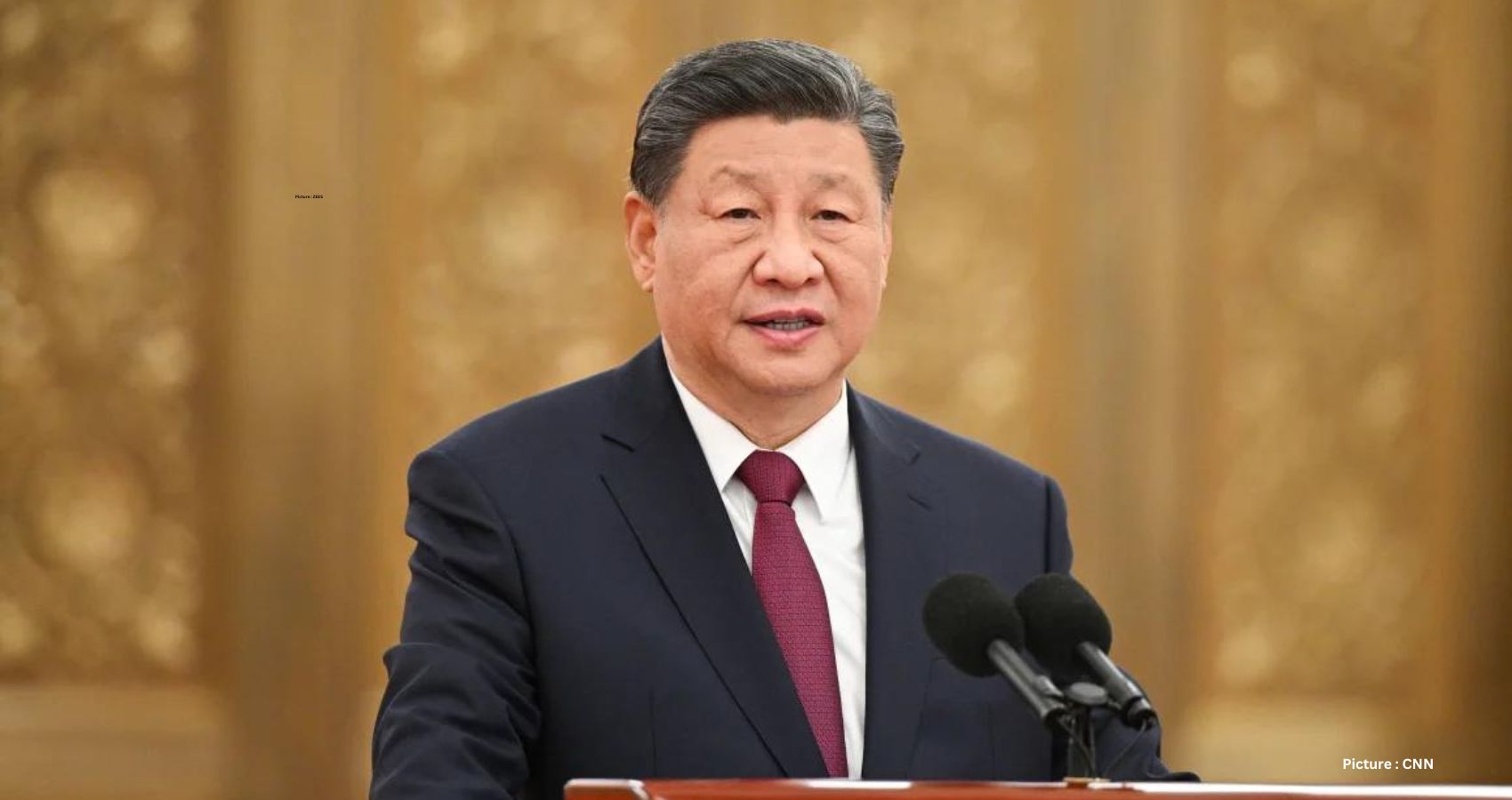President Xi Jinping, in his New Year’s Eve speech, acknowledged the economic challenges faced by China’s businesses and job seekers, marking the first time he addressed such issues in his annual messages since 2013. This acknowledgment comes at a crucial time for the world’s second-largest economy, grappling with a structural slowdown characterized by weak demand, rising unemployment, and diminished business confidence.
Xi openly admitted the difficulties faced by some enterprises and individuals in finding jobs and meeting basic needs, stating, “Some enterprises had a tough time. Some people had difficulty finding jobs and meeting basic needs.” His televised remarks, widely circulated by state media, emphasized the gravity of the situation: “All these remain at the forefront of my mind. We will consolidate and strengthen the momentum of economic recovery.”
In sync with Xi’s speech, the National Bureau of Statistics (NBS) released its monthly Purchasing Managers’ Index (PMI) survey, revealing a decline in factory activity in December to the lowest level in six months. The official manufacturing PMI dropped to 49 last month, down from 49.4 in November, indicating a contraction in the manufacturing sector for the third consecutive month.
China’s massive manufacturing sector had been experiencing weakness throughout 2023, with a brief pickup in the first quarter followed by a contraction for five months until September. The economic challenges were further compounded by a prolonged property downturn, record-high youth unemployment, weak prices, and financial stress at local governments.
In response to the economic downturn, Beijing has implemented various measures to revive growth and spur employment. Despite these efforts, the government’s increasing emphasis on state control over the economy, at the expense of the private sector, has unsettled entrepreneurs. The crackdown on businesses in the name of national security has also deterred international investors.
A recent development highlighting this trend was the People’s Bank of China’s approval of an application to remove controlling shareholders at Alipay, the widely used digital payment platform run by Jack Ma’s Ant Group. This move officially marked Ma’s relinquishment of control over the company, part of his broader withdrawal from online businesses. Ma’s companies were among the initial targets of Beijing’s crackdown on Big Tech, viewed as having gained excessive power.
President Xi’s New Year’s speech also included a pledge regarding Taiwan, emphasizing China’s longstanding stance on the self-ruled island democracy. Xi stated, “China will surely be reunified, and all Chinese on both sides of the Taiwan Strait should be bound by a common sense of purpose and share in the glory of the rejuvenation of the Chinese nation.” This comes just two weeks before Taiwan’s presidential elections on January 13.
Xi’s comments on Taiwan were more assertive compared to the previous year, reinforcing his commitment to making Taiwan an integral part of his broader goal to “rejuvenate” China’s global standing. The Communist Party claims Taiwan as its own territory and has not ruled out the use of force to bring the island under its control. The upcoming election in Taiwan, where Vice President Lai Ching-te is seen as a frontrunner, has heightened tensions, with accusations from Taipei about Chinese influence operations ahead of the polls.


